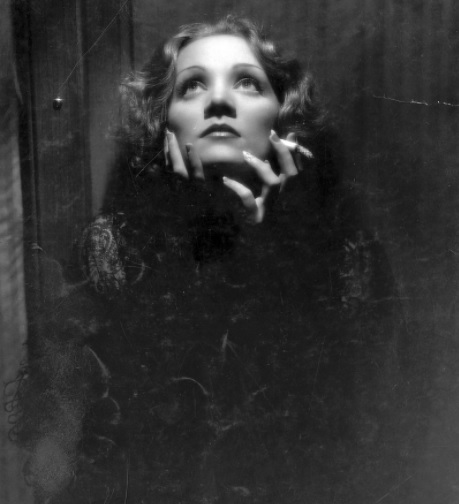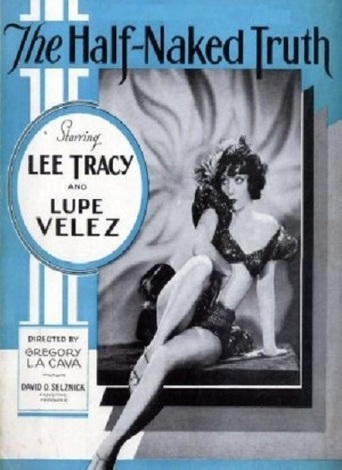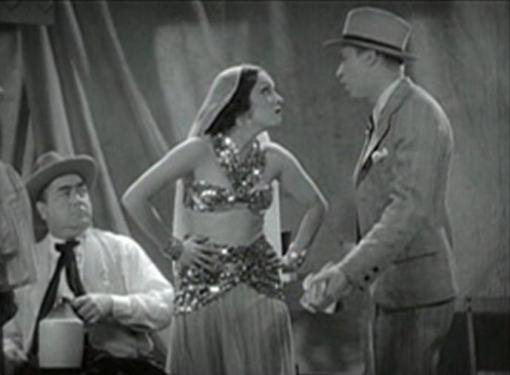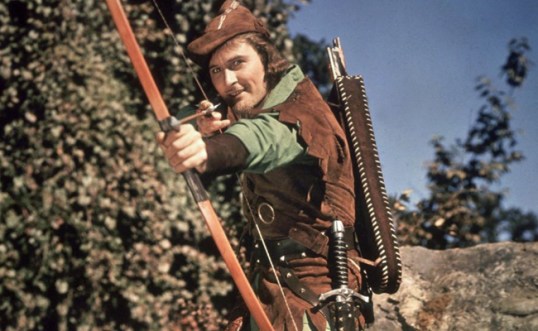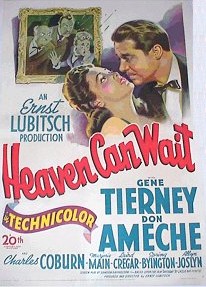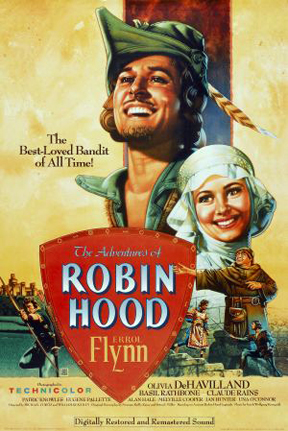
The 38th film in Mill Creek’s Fabulous Forties box set was My Man Godfrey, which is strange considering that My Man Godfrey is not a 40s film. The back of the box insists that My Man Godfrey was made in 1946 but it was actually made in 1936. Errors like this aren’t uncommon when it comes to Mill Creek but, even beyond that simple mistake, My Man Godfrey is clearly not a product of the earnest and pro-American 1940s. My Man Godfrey may be a screwball comedy but it’s a comedy that is very much a product of the far more cynical 1930s. It’s a comedy that could only have come out during the Great Depression, at a time when FDR was promoting his New Deal and yet many Americans were still out-of-work and struggling to make ends meet, forgotten by a country determined to buy into a feel good narrative regardless of any evidence to the contrary.
But no matter! My Man Godfrey might not technically belong in the Fabulous Forties box set but I’m still glad that it was there because it is an absolutely fantastic film.
The Godfrey of the title is played by the always charming and always funny William Powell. When we first see him, he’s living in a garbage dump with several other men who have lost their money, homes, and family. These are men who spend their time wondering when and if things are ever going to get better. While the rest of the country insists that happy days are here again, these men know it’s simply not true. They are truly the forgotten men.
Fortunately, there’s also a scavenger hunt going on!
For charity, a group of rich people are running around the city and collecting various oddities. And among those oddities — “a forgotten man!” When wealthy and snobbish Cornelia Bullock (Gail Patrick) stops off at the dump, she offers Godfrey five dollars to come with her and be her “forgotten man.” Offended, Godfrey reprimands her and a shocked Cornelia stumbles back and falls into an ash pile. Cornelia’s younger sister, the flighty Irene (Carole Lombard), sees this and laughs. Mostly to get back at Cornelia, Godfrey agrees to be Irene’s forgotten man.
When Irene takes Godfrey to the Waldorf-Astoria Hotel so that the game’s organizers can declare him to be an authentic forgotten man, Godfrey is disgusted by the silly and wealthy people that he sees around him. After he is authenticated, Godfrey proceeds to loudly denounce everyone in the hotel. Every one is scandalized, except for Irene. Irene asks Godfrey if he would like to come home with her and be her family’s new butler. Reluctant but broke, Godfrey agrees.

One of the joys of this scene is seeing the other things people found during the scavenger hunt. Love the monkey.

Godfrey, however, is far less amused.
The next morning finds Godfrey in the Bullock mansion, prepared to start his duties as a butler. He turns out to be a surprisingly adept butler but there’s only one problem. It turns out that everyone was drunk last night and, as a result, nobody remembers Irene hiring Godfrey. As Godfrey reintroduced himself to the family, he gets to once again know the Bullocks.
For instance, patriarch Alexander Bullock (Eugene Pallette) is a well-meaning man but he’s incapable of controlling his eccentric family or their excessive spending. He faces each day with the weary resignation that his household is a disorganized mess and that he’s on the verge of losing his business.
Alexander’s wife, Angelica (Alice Brady), lives in her own world and confronts every problem with nonstop and delusional positivity. She is very excited to have taken on a protegé, an artist named Carlo (Mischa Auer, who was justifiably nominated for an Oscar for his wonderfully odd performance). Carlo is often surly and spoiled but he does do a pretty good impersonation of a gorilla. Whenever the often dramatic Irene is declaring herself to be the most miserable rich girl in the world, Angelica insists that Carlo cheer everyone up by grunting and jumping around the room.
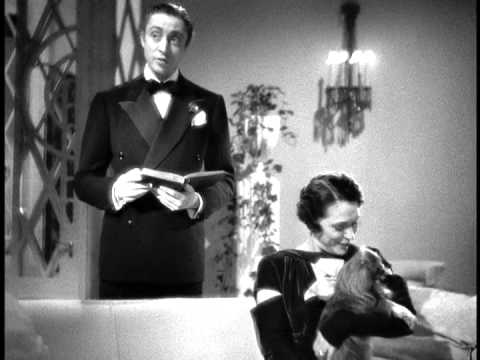
Mischa Auer as Carlo

Mischa Auer as a gorilla
(Apparently, the gorilla impersonation was something that Auer used to do at Hollywood parties. The role of Carlo was specifically created with the idea of capturing Auer’s act on film. As a result, Auer was one of the first actors to ever be nominated for Best Supporting Actor and he started a new career as a comedic character actor.)
Cornelia is selfish and materialistic. Though she may not remember much about the scavenger hunt, she does remember Godfrey humiliating her. From the minute she discovers that Godfrey is the new butler, she starts to conspire against him. When her necklace disappears, everyone is sure that she hid it herself just to frame Godfrey. The truth, of course, is a little bit more complicated.
And finally, there’s Irene. Irene is spoiled but she’s not selfish. She’s also not as ditzy as everyone assumes. It’s just that she sees the world in her own unique way. Almost as soon as Irene remembers that she hired Godrey, she decides that she’s in love with him. She also decides that Godfrey is her protegé. After all, if her mother can have a protegé, why can’t she!?
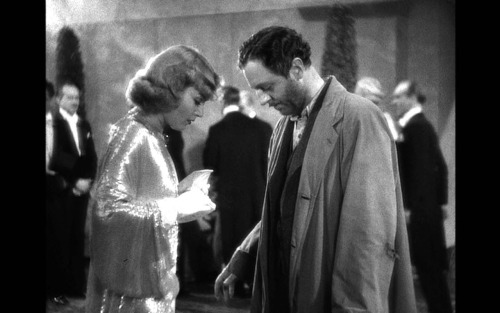
Carole Lombard and William Powell
Carole Lombard was a masterful comedienne whose career was tragically cut short when she was killed in a plane crash in 1942. Lombard is absolutely adorable in the role of Irene, a character to whom I very much related.
Of course, there is more to Godfrey and his past than he actually let on. And, even after he becomes the new butler, Godfrey doesn’t forget where he was living just a few days before. My Man Godfrey is a hilarious comedy but it’s also a comedy with a social conscience.

I love this film. It’s a screwball comedy in the best sense of the term, a film where all of the characters are eccentric while also remaining human. William Powell and Carole Lombard were briefly married before they teamed up in My Man Godfrey and their chemistry is delightful to watch. Finally, the supporting cast is memorable in the way that only a collection of great 1930s character actors can be.
My Man Godfrey is a great film. It may not be from the 1940s but I’m glad it was included.
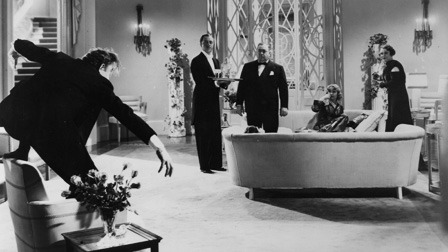
(By the way, just between you and me — I had a lot of fun watching this movie and writing this review. It kind of reminded me why I started writing about movies in the first place.)


